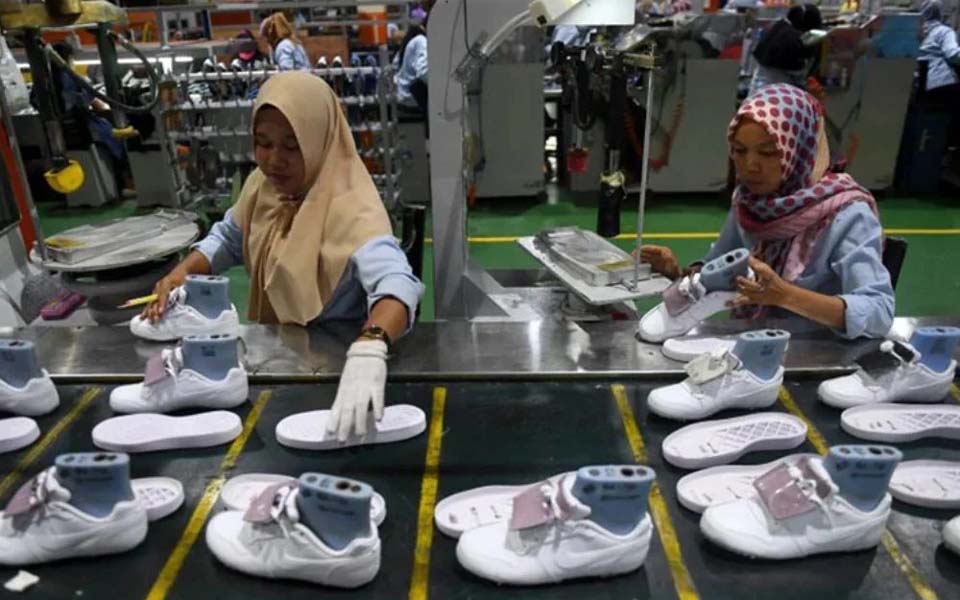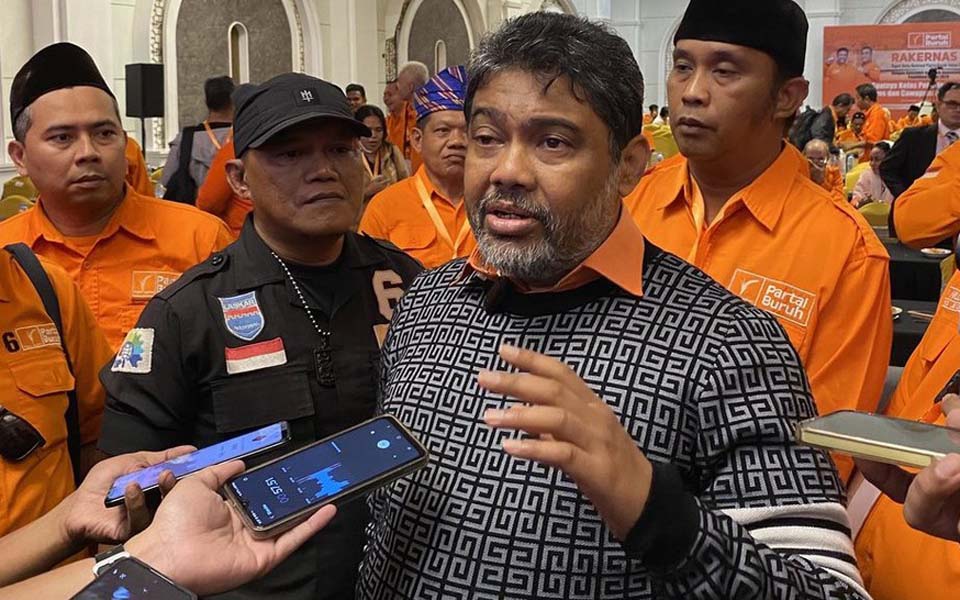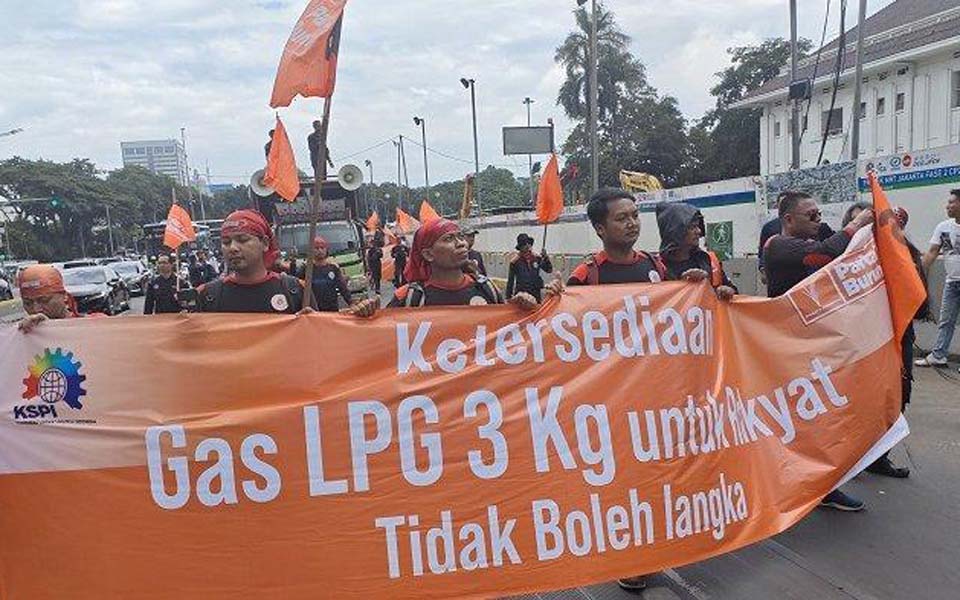Jakarta – Labor Party President Said Iqbal says that so far there are no presidential candidates who oppose the Omnibus Law on Job Creation (UU Ciptaker).
According to Iqbal, the Labor Party could well call for people to golput or abstain from voting for presidential (capres) and vice presidential (cawapres) candidates in the 2024 election because not one rejects the Jobs Law.
"There's not one capres who rejects or has said they want to revise the Omnibus Law on Job Creation. There's not one capres, so who shall we vote for?", asked Iqbal when speaking at the Constitutional Court (MK) building in Jakarta on Monday June 5.
Iqbal stressed that the Jobs Law is detrimental to the public but benefits employers. If the application of the law is preserved, then society will be harmed.
"If you don't vote, it's an unconstitutional golput. It may well be that the Labor Party will call for golput in the presidential elections", said Iqbal.
Indonesia will hold a festival of democracy in the form of simultaneous elections in 2024. The poll will be held to elect presidential and vice presidential candidates, House of Representative (DPR) members, Regional House of Representatives (DPRD) members at the provincial, regency and city level, and members of the Regional Representatives Council (DPD).
The General Election Commission (KPU) has determined that 18 political parties are eligible to participate in the elections along with six local parties in semi-autonomous Aceh province.
With regard to presidential and vice presidential candidates, the KPU will open the registration period in October.
So far there have been three names that are expected come forward as presidential candidates, namely Greater Indonesia Movement Party (Gerindra) Chairperson and Defense Minister Prabowo Subianto, former Jakarta Governor Anies Baswedan and Central Java Governor Ganjar Pranowo from the ruling Indonesian Democratic Party of Struggle (PDI-P). (pop/bmw)
Notes
The term golput (golongan putih or white group) first emerged as a campaign by students in the 1971 elections and derives its name from marking the white section of the ballot paper rather than a party symbol or candidate's picture thereby making the vote invalid. In recent years the term has broadened to include not just intentionally casting an invalid vote but also vote abstention.
[Translated by James Balowski. The original title of the article was "Partai Buruh Ancam Serukan Golput Jika Tiada Capres Tolak UU Ciptaker".]















